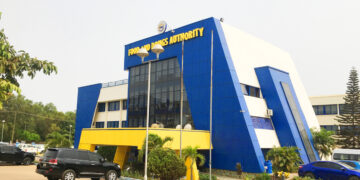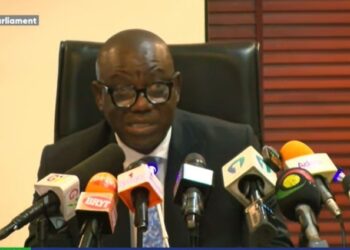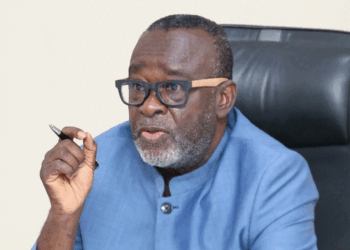During a press conference on Wednesday 4th September 2024, the Bawumia for President Campaign Team unveiled an ambitious plan aimed at reducing the cost of living for Ghanaians. The plan is a multifaceted strategy set to address key areas such as food security, public transportation, housing, and energy, among others, reflecting a comprehensive approach to tackling the financial pressures faced by citizens.
Dr. Bawumia plans to stabilize food prices by providing significant support for local agriculture through financing and guarantees from the Development Bank Ghana (DBG) and the Ghana Incentive-Based Risk-Sharing System for Agricultural Lending (GIRSAL). This initiative includes upscaling the production of staple foods to ensure a steady supply and investing in methods for preserving staple foods, meat, poultry, and fish products to reduce waste and stabilize prices. By focusing on these areas, the plan aims to directly target inflationary pressures on food prices, which are a primary concern for many households.
In terms of public transportation, Bawumia’s plan includes several measures designed to reduce costs and promote sustainability. For instance, he advocates for the promotion and support of electric vehicles (EVs), which could lower long-term transportation costs and reduce emissions. The expansion of the Gold-For-Oil Programme (G40) is another key component, aiming to stabilize fuel prices through strategic reserves and import policies. Additionally, the introduction of a flat rate for spare parts is intended to ensure price predictability, while extending the validity of driver’s licenses to 10 years, with a renewal every 5 years, is expected to reduce administrative burdens and costs.
Housing is another critical area addressed in the plan. To meet the diverse needs of Ghanaians, Dr. Bawumia proposes a range of housing options. This includes social housing initiatives such as shelters for the vulnerable and an expanded rental assistance scheme for low-income workers. For those seeking affordable housing, the plan includes incentives for private real estate projects and expanded services from state housing agencies like the State Housing Company (SHC), TDC, and the National Homeownership Fund (NHF). Furthermore, the plan aims to improve housing finance through enhanced mortgage options and rent-to-own schemes, making homeownership more accessible.
Energy affordability and efficiency are also central to Dr. Bawumia’s plan. The proposal to add 2,000 MW of solar power to the grid reflects a commitment to significantly reducing energy costs while promoting sustainability. The introduction of net metering, which allows users of solar systems to sell excess power back to the grid and receive compensation in the form of free electricity, offers a practical solution to high electricity bills and power shortages.
Additionally, the plan includes measures to simplify service access. By utilizing the GhanaCard for all basic data collection, the plan aims to streamline both public and private service interactions, making it easier for citizens to access necessary services.
In terms of feasibility, the plan’s reliance on existing institutions and proven mechanisms enhances its practicality. Leveraging established frameworks such as DBG and GIRSAL for food security, and expanding the Gold-For-Oil Programme for fuel price stabilization, builds on existing structures. The proposed initiatives for housing and energy are ambitious yet grounded in current trends, reflecting a comprehensive approach that addresses multiple aspects of living costs simultaneously.
Dr. Bawumia’s plan presents a bold, well-rounded strategy targeted to address the pressing issue of the cost of living in Ghana. Its competitive, responsive, and feasible nature positions it as a viable option for improving economic conditions and enhancing the quality of life for Ghanaians.





































